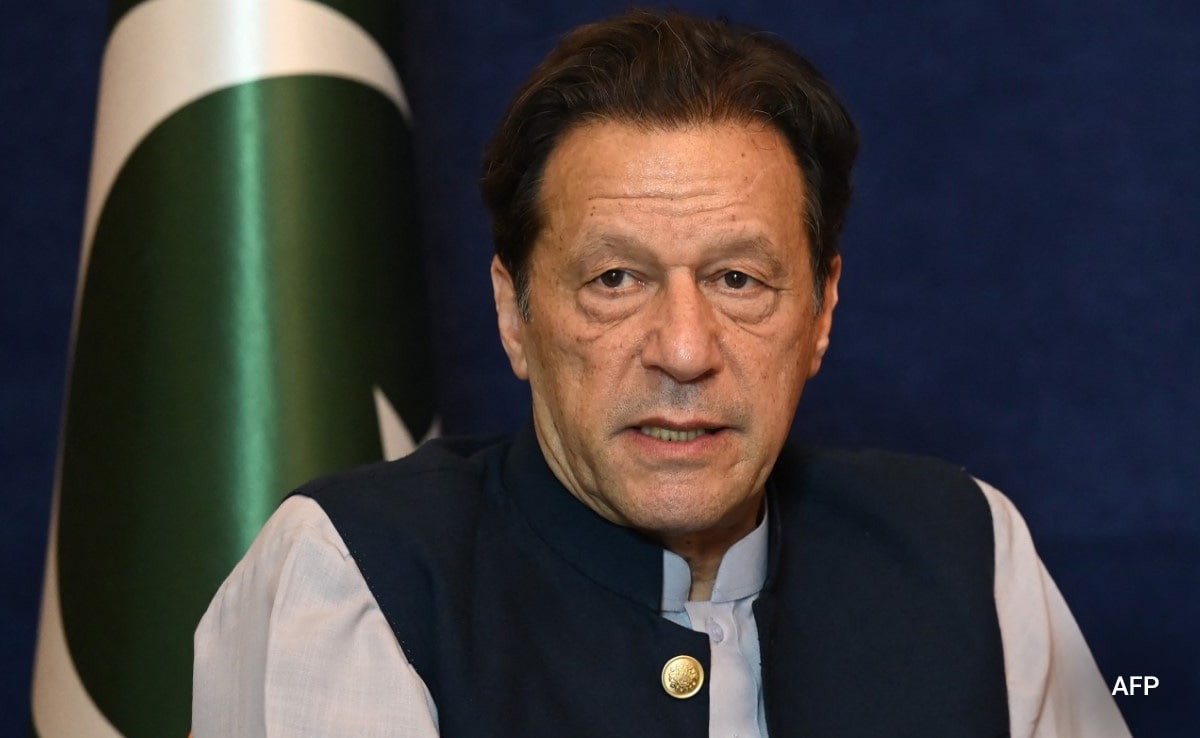As UK Faces Cost-Of-Living Crisis, Brits Question King's Lavish Coronation
As the UK grapples with a cost-of-living crisis and widespread strikes over pay, some Britons are questioning why taxpayers have to foot the bill for King Charles III's lavish coronation on Saturday.

As the UK grapples with a cost-of-living crisis and widespread strikes over pay, some Britons are questioning why taxpayers have to foot the bill for King Charles III's lavish coronation on Saturday.
"They got the money, why are they taking it from me?" asks Delany Gordon, a 50-year-old building site manager.
The cost of the coronation has been kept under wraps and the total sum is unlikely to be revealed until after Saturday's event.
According to some estimates, the cost will be between 50 million pounds and 100 million pound ($63 million and $126 million) on top of the price of a large-scale security operation.
"I am spending 26p (0.33 US cents) on my lunch today," Gordon tells AFP, showing a bread roll that he just purchased in a north London supermarket.
Another Londoner, Eden Eawit, says she cuts costs by cooking only two days a week and eating sandwiches the rest of the time.
"We are not living the same life... People are struggling," the 38-year-old says. "Some people are not eating at all. It is very hard."
Others have turned to charitable organisations, such as The Trussell Trust, which operates a vast network of food banks across the country.
The NGO said it provided nearly three million emergency food parcels to people in difficulty between last April and March -- a 37 percent increase compared to the previous year.
- 'Slap in the face' -
King Charles in December gave an undisclosed sum, donated in memory of his late mother, Queen Elizabeth II, to a charity helping people unable to pay fuel bills and personally donated another 1 million pound to food banks.
However, with the royal family sitting on a fortune, a recent survey indicated that many British people do not want the coronation to be funded by taxpayers.
An April YouGov poll said 51 percent of respondents believe the ceremony to crown Charles and Camilla should not be paid for by the government.
Buckingham Palace has said the "true figures" for the coronation "will be shared in due course".
But a spokesman said a national occasion like this "does attract huge global interest that more than repays the expenditure that goes with it".
The British Beer and Pub Association estimates the coronation will generate an extra 120 million pound for pubs across the country with the hospitality industry also expecting a significant boost.
Government minister Oliver Dowden has previously insisted the government and the king were "mindful of ensuring that there is value for the taxpayer" and there will not be "lavishness or excess".
Compared to the over 8,000 people attending the coronation of Queen Elizabeth II in 1953, the ceremony for Charles III will be slimmed down to 2,300 guests.
Buckingham Palace has also said "efficiencies" were found in key areas, such as reusing many ceremonial elements rather than commissioning new ones.
But for activist Graham Smith, head of the anti-monarchy group Republic, the cost of the coronation is a "slap in the face for millions of people struggling with the cost-of-living crisis".
"The coronation is a celebration of hereditary power and priviledge, it has no place in modern society."
(Except for the headline, this story has not been edited by NDTV staff and is published from a syndicated feed.)



































![Safari Thorium Neo 8-Wheel Luggage Set Trolley Bags (Set of 3) at just Rs. 5,599 [MRP 29,100]](https://savefree.in/uploads/images/202409/image_870x580_66f63845060f0.webp?#)












![Handmade Brown Mango Wood Chopping Board At just Rs. 89 [MRP 599]](http://savefree.in/uploads/images/202303/image_870x580_641bf7e9c2206.jpg?#)


